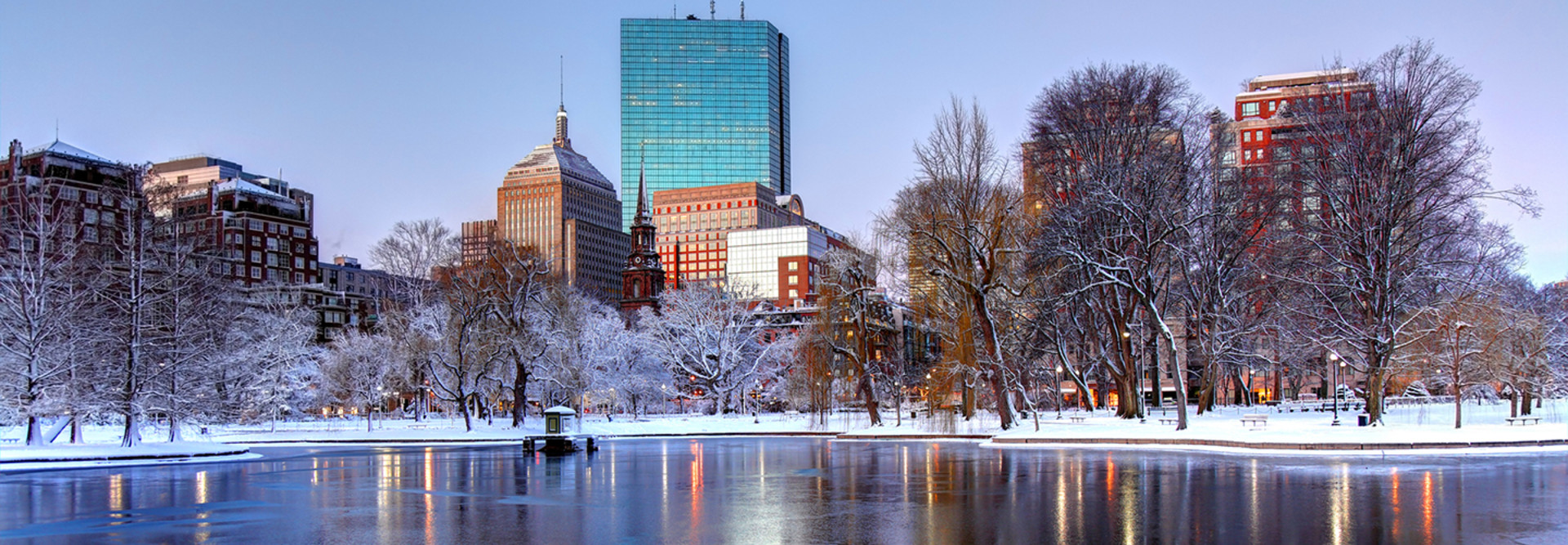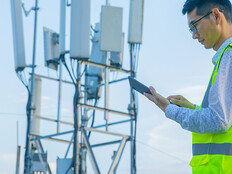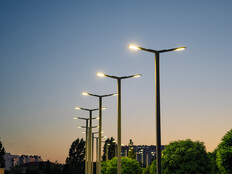Boston, Verizon Partner on Smart Cities Projects
The Hub is getting smarter. Boston and Verizon have been working together for several years on smart city projects, and last month they decided to expand their partnership.
The city and the telecommunications giant announced in late November that they would work together to expand Verizon’s wireless and fiber optic networks in the city and collaborate on additional smart city projects.
Under a new 10-year agreement, Verizon will significantly expand its wireless small cell network to boost network speed and capacity to its existing 4G LTE network in the city and set the stage for the eventual deployment of 5G services in Boston. Small cells are placed strategically in dense areas of network traffic to meet data capacity demands and are often placed on existing structures like city traffic lights or utility poles.
Boston, one of StateTech’s smart cities to watch, will provide Verizon with a streamlined permitting process for the installation of new small cells. Verizon will provide a range of Verizon’s “Smart Communities” products and services that will “enable Boston to achieve efficiencies in areas such as traffic management, safety and energy efficiency,” the city and company said in a press release.
It is unclear what these projects will entail or when they will be launched. Boston Chief of Streets Chris Osgood tells StateTech via email that the city “plans to work with Verizon in deploying new technologies that will help planners and engineers better understand our streets and make safer roadways for everyone.”
MORE FROM STATETECH: Find out how to protect smart city networks.
Verizon, Boston Have Worked on Smart Traffic Before
Under the agreement, Verizon will expand its local wireless network, bring its Fios Internet and TV service to the city’s remaining neighborhoods not covered in the original franchise agreement, and also will take up 16 floors in a new skyscraper being built in the city, known as The Hub on Causeway. Verizon says five of those floors will be reserved for incubators, accelerators and partners.
“Our partnership with Verizon reflects one goal: to make sure all of Boston’s residents have access to the most advanced digital technology both now, and in the future,” Boston Mayor Walsh said in a statement. “We’re making sure Boston is the best digital city in the nation, and through partnerships with companies like Verizon, residents will have better, more affordable options, as we work together to create inclusive growth for our city.”
The new agreement builds on one Boston and Verizon inked in 2016. As StateTech has reported, Boston and Verizon worked together on the city’s Smart Streets project, in which they partnered to test data gathering technology at the intersection of Massachusetts Avenue and Beacon Street, where a cyclist was killed during a traffic incident.
The city used video cameras, LED lights, under-road sensors, and a web-based platform for data analysis, dashboards, visualization, and reporting. The goal was to gather aggregated data about traffic patterns at the intersection. The city tweaked roadway design and signal timing to improve safety as a result.
In the spring, Boston launched a new project called Beta Blocks, aimed at getting residents more involved in smart city projects, soliciting feedback from the communities they are meant to help. The city is testing engagement strategies, and then will move on to technology deployments that reflect that feedback. The goal is to get Boston to a place, a little less than 18 months from now, where smart city projects are done in an ad hoc manner.






.jpg)



